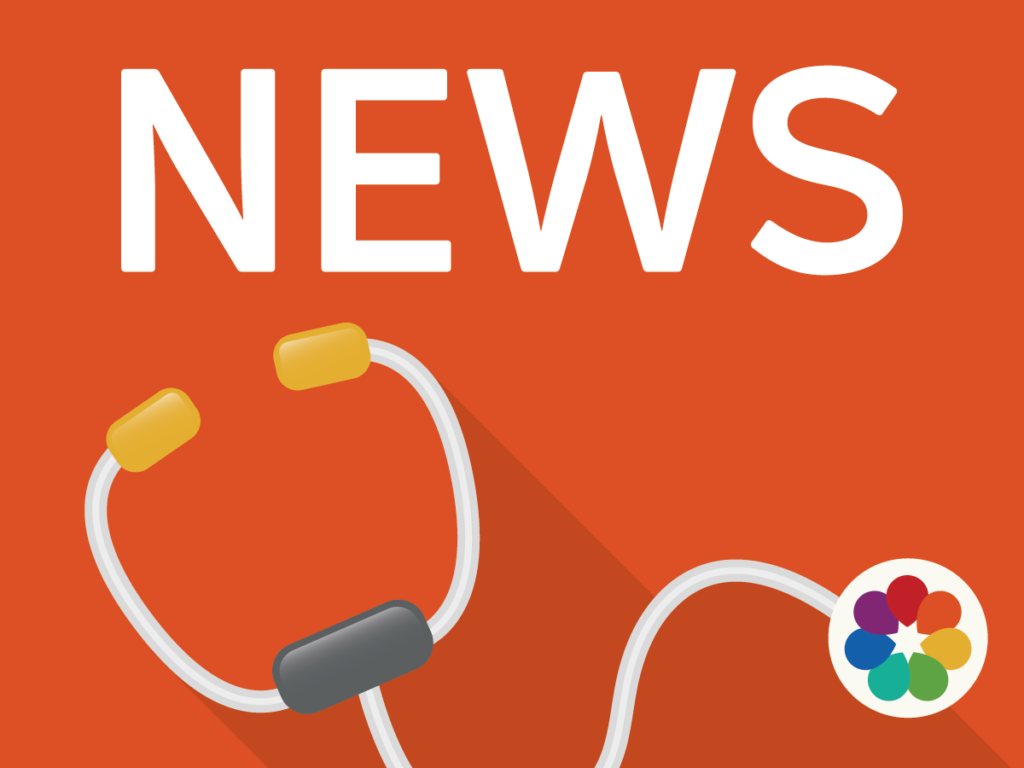Take-up for NHS Health Checks is low, with fewer than 17% of eligible people attending an appointment, according to analysis published today.
The programme has had limited success in reaching adults at high risk, according to the new analysis. A study into the cardiovascular prevention programme between 2013 and 2017 found that women were more likely to accept the invitation and that people from South Asian ethnic backgrounds were also most likely to attend compared to others.
Dr John Robson, reader in primary health care at the Institute of Population Health Sciences, Queen Mary University of London, and colleagues found between 2013 and 2017, only 590,218 eligible people aged between 40 and 74 attended (16.9%), while 2,902,598 (83.1%) did not. Half of those attending were under 50 years and at low risk, requiring no treatment or referral, say the research team, writing in the British Journal of General Practice. The researchers analysed data from 1,500 practices.
They say policy reviews should consider a targeted approach and prioritise those at the highest risk of cardiovascular disease for face-to-face checks and look at other options for those who have a lower risk. The analysis found new diagnoses were more likely in attendees than non-attendees, with 25 per 1,000 attendees being diagnosed with hypertension compared with nine in 1000 among non-attendees.
For type 2 diabetes, there were eight diagnoses per 1000 attendees and three per 1000 among those not attending the checks. For chronic kidney disease it was seven per 1000 compared with four in 1000. In people aged 65 and over, atrial fibrillation was newly diagnosed in five per 1000 attendees and three per 1000 non-attendees. Type 2 diabetes, hypertension, and chronic kidney disease were more likely in more deprived groups, and in South Asian, Black African, and Black Caribbean ethnic groups.
Out of the 117,963 people with a 10% or higher risk of chronic kidney disease who were eligible for statins, only 9,785 (8.3%) were prescribed them, found the researchers. Attendees were also more likely to be prescribed statins at 26 per 1000 compared with eight per 1000 non-attendees and antihypertensive medicines at 25 per 1000 compared with 13 per 1000.
The authors say the NHS must make a decision as to whether or not it is more effective to improve persistently low attendance or target those at increased chronic kidney disease, adding “there is little evidence that attendees at lower CVD risk benefit from brief advice at NHS Health Checks and targeted approaches are more efficient”. The NHS Health Check programme was halted in 2020 because of the Covid-19 pandemic but this has highlighted opportunities for online engagement for more than half of the population who are low risk, which would free up resources to improve targeting of people at higher CVD risk, they add.
Dr Robson said: “We already know heart disease disproportionally affects people living in the most deprived areas. We also found that new diagnoses of diabetes, high blood pressure and chronic kidney disease were all associated with higher levels of deprivation. NHS Health Checks identified more new disease such as diabetes and high blood pressure in people from South Asian and black African/Caribbean ethnic groups and those living in more disadvantaged areas. NHS Health Checks are positioned to help tackle heart disease, but in their current form they offer the majority of attendees very little. The programme also needs to be better at reaching those at higher risk – including smokers, heavy drinkers and those who are obese – informing people of support to achieve healthier lifestyles and where necessary, the major benefits of safe and effective medication such as statins and medicine to reduce high blood pressure.”





0 Comments